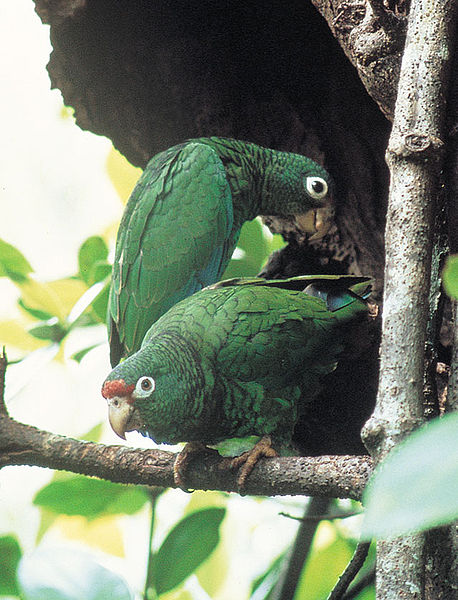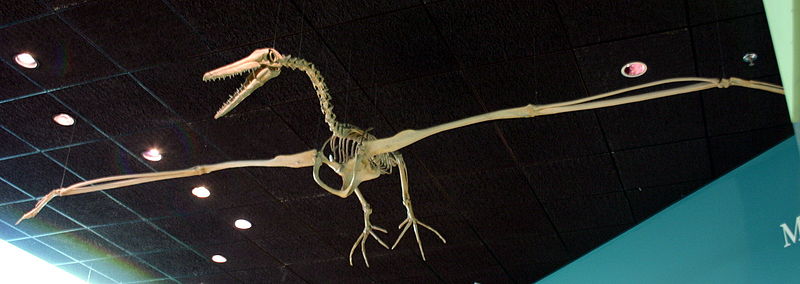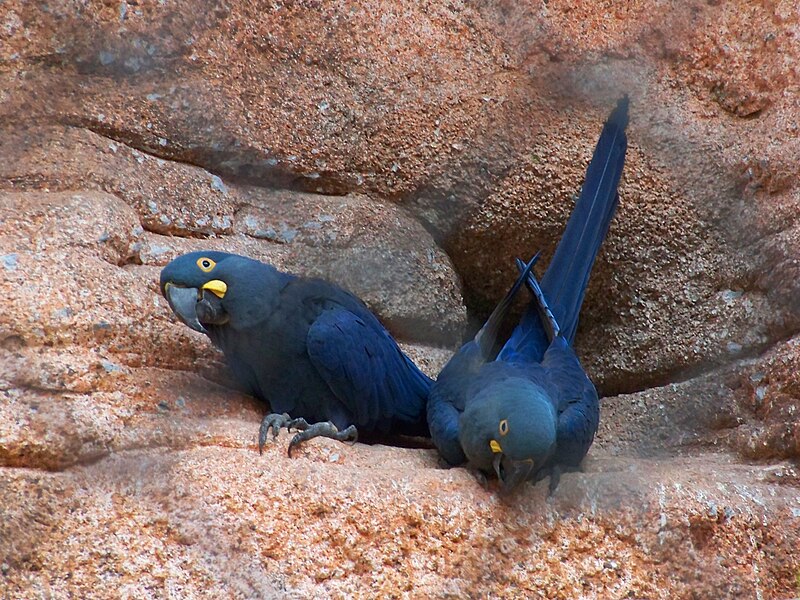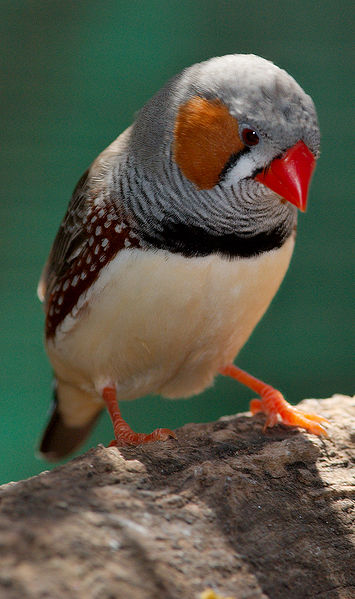 The quite unexpected antics of a number of parrots have made news this past week…from assisting drug cartel members in Columbia (unwittingly, of course!) to exposing the unfaithfulness of an owner’s partner (perhaps on purpose?), pet parrots continue to show that they are well equipped to trick, help and frustrate us…
The quite unexpected antics of a number of parrots have made news this past week…from assisting drug cartel members in Columbia (unwittingly, of course!) to exposing the unfaithfulness of an owner’s partner (perhaps on purpose?), pet parrots continue to show that they are well equipped to trick, help and frustrate us…
Love Triangle Exposed
Parents learn very quickly to watch what they say around toddlers – parrot owners, it seems, should as well. Upon sitting down on a couch near her bird cage, a woman who owned an African Gray Parrot was surprised to hear her pet say “Oh Claire ,oh Claire, I love you!” – surprised because her name was not Claire!
Suspecting that her boyfriend was using the couch for purposes other than watching TV, the woman called him at work…only to find that he was at lunch with, as fate would have it, Claire. Within a day or so the woman caught the pair leaving her home at a time when they thought she was at work. Unfortunately, Harvey the parrot seemed to enjoy screaming out Claire’s name (perhaps he had heard it very often!) – so much so that his owner found him a new home! Read More »
 That Bird Blog – Bird Care and History for Pet Birds
That Bird Blog – Bird Care and History for Pet Birds




